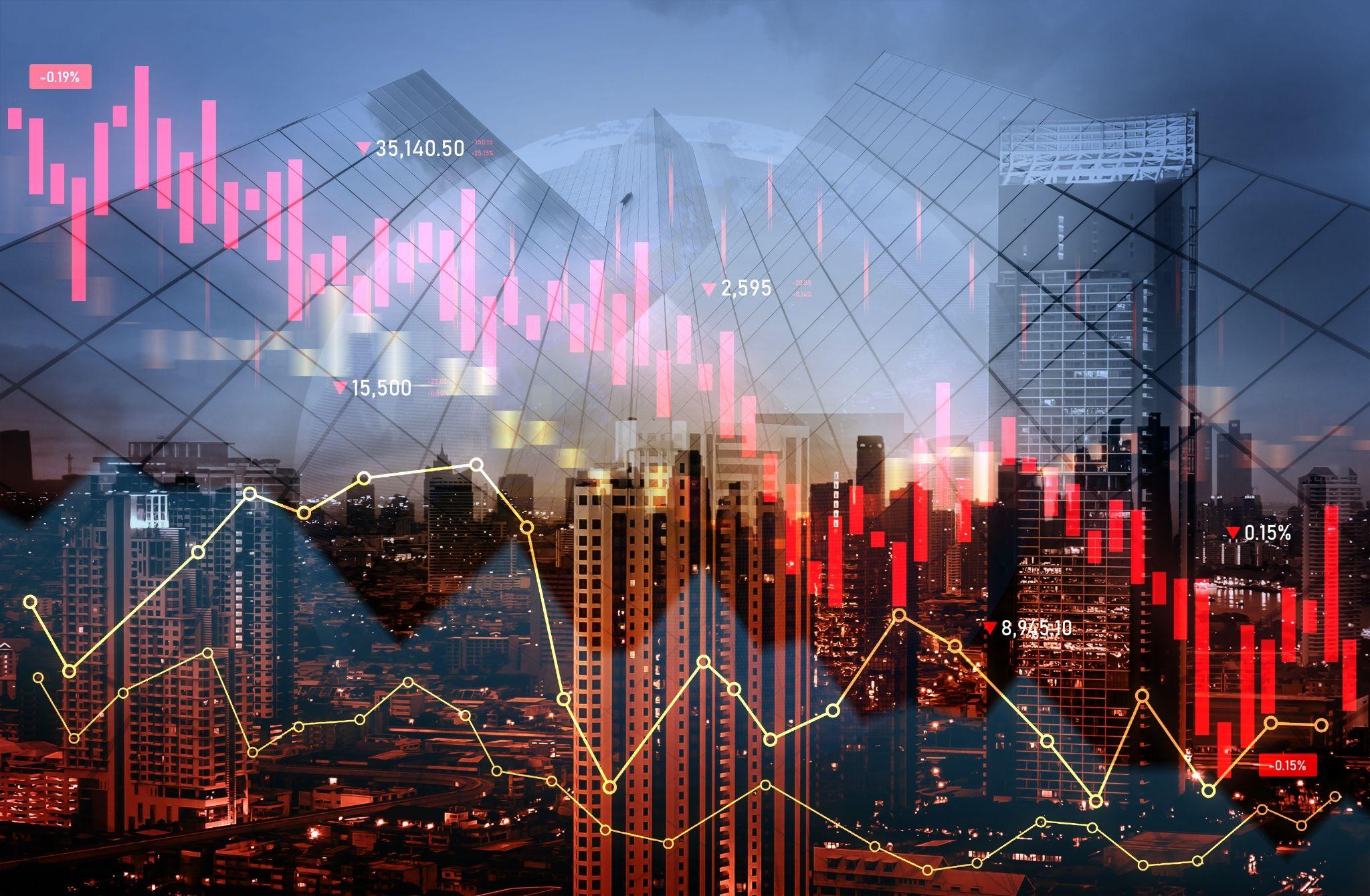
Global events, ranging from geopolitical shifts and economic downturns to pandemics and climate change, significantly influence investment strategies. These occurrences can reshape market landscapes, alter consumer behavior, and redefine the allocation of capital across sectors. This article delves into the dynamic interplay between global events and investment strategies, highlighting the need for agility and foresight in the ever-evolving world of finance.
Navigating Uncertainty: The Role of Global Events in Shaping Investments
Global events have a profound impact on financial markets, often dictating the pace and direction of investment flows. Whether it’s a geopolitical conflict that threatens oil supplies, a global health crisis that disrupts supply chains, or legislative changes affecting entire industries, these events can lead to volatility and uncertainty. Investors must constantly assess the global landscape, adapting their strategies to mitigate risks and capitalize on emerging opportunities.
The Geopolitical Landscape and Investment Dynamics
Geopolitical tensions and conflicts can have immediate and long-lasting effects on investment strategies. These events can disrupt global trade, affect commodity prices, and shift the focus of international investments. For example, sanctions on a country may not only impact its economy but also have ripple effects on global markets. Understanding the geopolitical landscape is crucial for investors aiming to navigate these turbulent waters.
Economic Policies and Regulatory Changes
The government’s responses to global events through economic policies and regulatory changes can redefine investment landscapes. Fiscal stimulus measures, trade agreements, and regulatory reforms can either spur growth or create barriers, affecting sectors differently. Investors must stay abreast of policy changes worldwide to adjust their investment portfolios accordingly.
The Influence of Pandemics on Market Sectors
Pandemics, such as COVID-19, have underscored the vulnerability of global markets to health crises. The impact on various sectors—from healthcare and technology to retail and real estate—has been uneven, with some experiencing unprecedented growth and others facing steep declines. Investment strategies have shifted towards sectors that show resilience or potential for rapid recovery in such scenarios.
Climate Change and Sustainable Investment Trends
Climate change is not only an environmental challenge but also a significant factor influencing investment decisions. The growing emphasis on sustainability has led to increased investment in renewable energy, green technologies, and companies with strong environmental, social, and governance (ESG) practices. This shift reflects a broader trend towards impact investing, where the focus is on generating social or environmental benefits alongside financial returns.
Adapting to Technological Advancements
Technological innovation continues to drive change in investment strategies. From fintech and blockchain to artificial intelligence and biotechnology, new technologies are creating opportunities for investors. These advancements can lead to the emergence of new sectors and transform existing industries, requiring investors to adapt and remain flexible in their approach.
Ethical Considerations and Social Responsibility
The ethical dimension of investing has gained prominence, with more investors considering the social and environmental impact of their investment choices. Ethical and socially responsible investing strategies prioritize investments in companies and projects that contribute positively to society, aligning financial objectives with ethical values.
Looking Ahead: The Evolving Landscape of Investment Strategies
As the global landscape continues to evolve, so too will the strategies investors employ to navigate it. The ability to anticipate and respond to global events, adapt to regulatory changes, and embrace technological innovations will be key to achieving long-term success. Investors who can balance risk management with ethical considerations, while staying informed about global trends, will be well-positioned to capitalize on the opportunities of tomorrow.
The intersection of global events and investment strategies highlights the complexity and interconnectedness of the modern financial world. By understanding these dynamics and adapting to the constant flux, investors can navigate the uncertainties of the market, ensuring resilience and growth in their portfolios.











